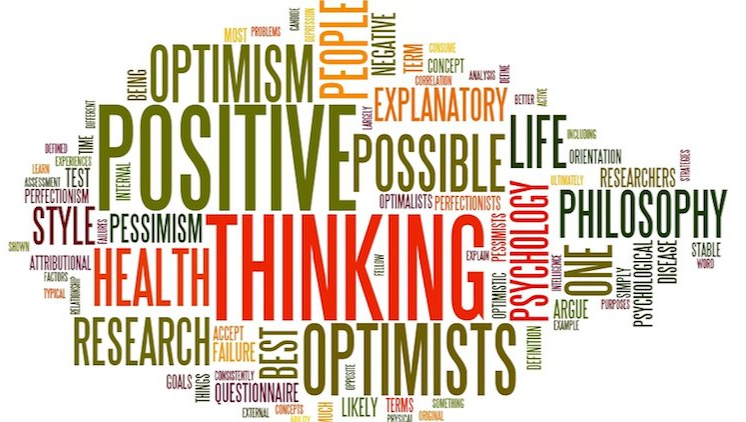
by Dr. Michael Murray | Mar 30, 2021 | Most Recent, Natural Facts, Psychological Health
Be Positive and “Awe-Inspired” Introduction: The field of positive psychology is providing valuable insights on exactly how our emotions influence our lives and our physiology. One area of body function that is very closely tied to our emotional experiences is the...

by Dr. Michael Murray | Mar 29, 2017 | Natural Facts, Psychological Health
Introduction: Do you know someone that just seems to exude joy and happiness? It may be in their genes. New data shows that some of us are just wired to be grateful, happy and positive. It is the old argument nature or nurture. But here is the thing, whether you have...

by Dr. Michael Murray | Oct 21, 2016 | Psychological Health
Introduction: The field of positive psychology is providing valuable insights on exactly how our emotions influence our physiology. One area of body function that is very closely tied to our emotional experiences is the functioning of our immune system. Our emotional...

by Dr. Michael Murray | Mar 22, 2016 | Psychological Health
In regards to life, one of the most interesting phenomena, is the power of synergy. A simple explanation of synergy is when 1+1 does not equal 2, but something much greater. In terms of our health, what the research shows is a tremendous synergetic effect between...

by Dr. Michael Murray | Aug 3, 2015 | Psychological Health
A growing body of scientific work shows that gratitude and kindness are traits that lead to higher levels of well-being. People who are grateful and kind are happier, less depressed, less stressed and more satisfied with their lives and social relationships. The...

by Dr. Michael Murray | Dec 15, 2014 | Psychological Health
A major cause of stress for most people is the realm of interpersonal relationships. Whether with your partner, at home with family members, with friends, and on the job, relationships are tough. Everyone has unique needs and desires, and unique ways of expressing...









